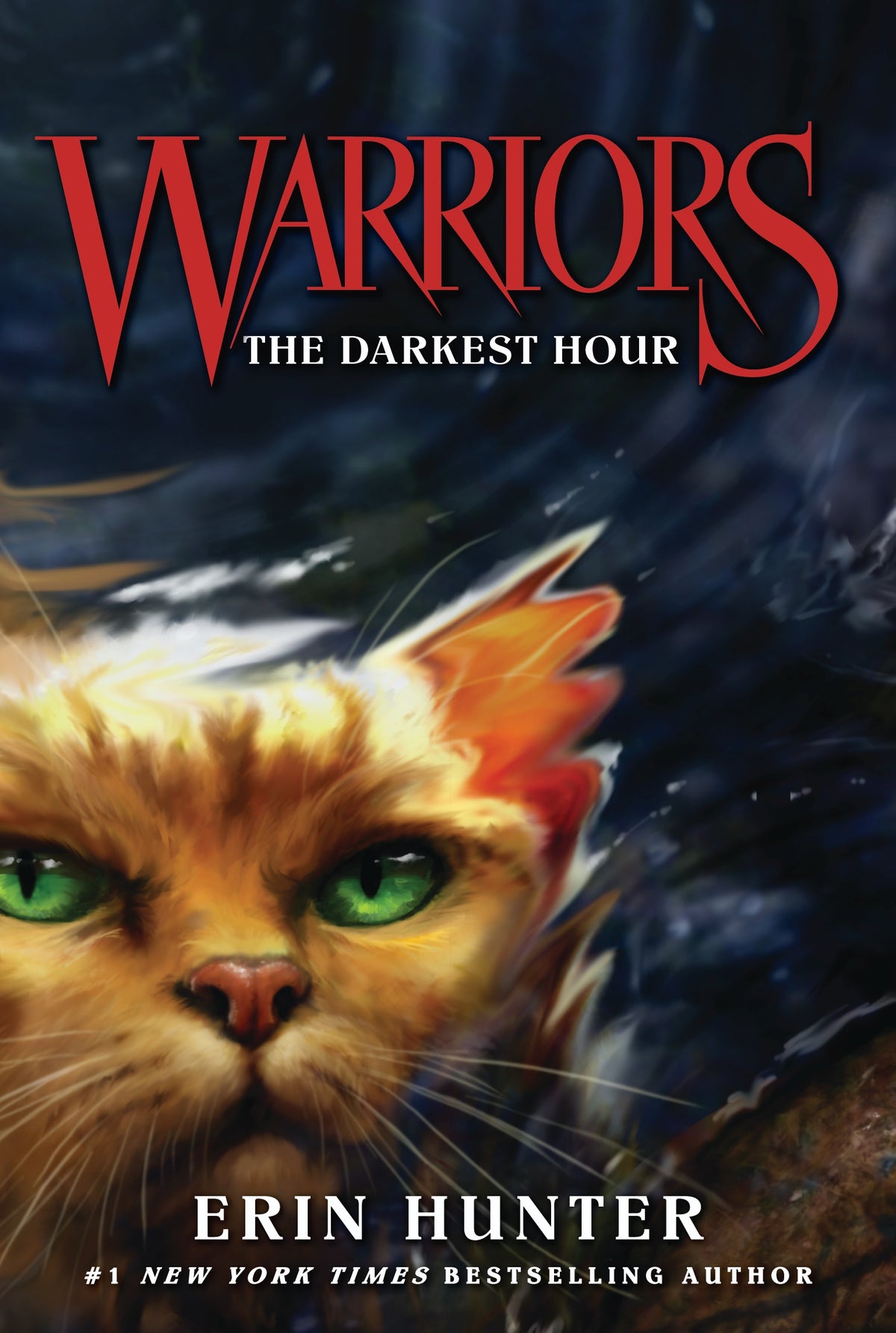
As Adam Gopnik wrote in The New Yorker, “ it was the steadfast anti-Nazism of Attlee and his Labour colleagues that saved the day – a vital truth badly underdramatized in Darkest Hour.”ĭespite their ideological differences with the Conservatives, the Labour representatives did vocally support Churchill as opposed to Halifax who still believed a deal could be brokered with Adolf Hitler. Darkest Hour deserves credit for accurately portraying the Conservative in-fighting between Churchill and other party supremos like Lord Halifax but it hardly puts the spotlight on the other party in question. While the Conservative Churchill did protest against a peace treaty with Germany, the anti-Nazi sentiments echoed within the Labour parliamentarians like Clement Attlee were also crucial. In a press interview for Darkest Hour, McCarten added, “ you have to get the facts straight and you have to work within the tolerances of history, but also the tolerances of what audiences will handle.” Understandably, a few crucial scenes in Darkest Hour were fabricated or exaggerated all the while humanizing its larger-than-life central figure during a crucial point of history.Ī noteworthy Darkest Hour change from actual history is the underrepresentation of the Labour Party.


Even though McCarten didn’t rely on a particular book to pen Darkest Hour, the Oscar-nominated screenwriter did his fair share of research.

The period piece was penned by biopic genre veteran Anthony McCarten ( The Two Popes, The Theory of Everything, Bohemian Rhapsody). Oldman’s performance was universally acclaimed and contributed greatly to Darkest Hour’s success. Gary Oldman has played many real people in his career, but it is his transformative turn as Churchill that earned him the Oscar for Best Actor. Helmed by Joe Wright ( Pride and Prejudice, Atonement), the movie recounts the early years of Churchill’s tenure as Prime Minister of the United Kingdom and his stringent measures during the onset of World War II.

The 2017 war drama Darkest Hour was heavily acclaimed, but historians and audiences also note that the film changed certain aspects of Winston Churchill’s life to evoke more drama.


 0 kommentar(er)
0 kommentar(er)
